Be Involved
BECOME AN AMBASSADOR AND Pledge to at least 5 of the suggested actions for the next year, at one or more of the 4 tiers, depending on where you are on your personal journey
FREE CAR/COMPUTER STICKER INCLUDED WHEN YOU PLEDGE BETWEEN 1.6.21 – 30.6.21
AMBASSADOR
It is estimated that 4 trillion plastic bags are used worldwide annually. Only 1% of plastic bags are returned for recycling. All that waste can be eliminated by switching to reusable shopping bags. Source: http://www.wmnorthwest.com/guidelines/plasticvspaper.htm
Some 18 billion pounds of plastic waste flows into the oceans every year from coastal regions. That’s the equivalent of five grocery bags of plastic trash sitting on every foot of coastline. Source : JENNA R. JAMBECK, UNIVERSITY OF GEORGIA.
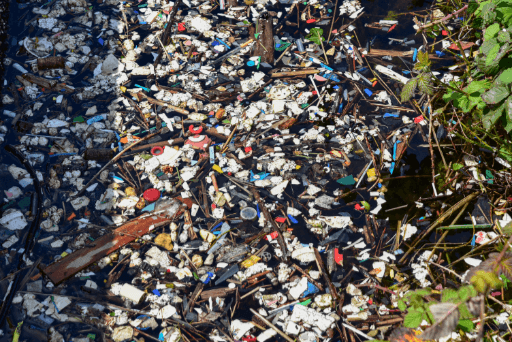

In Australian alone, we throw out 2.7 million single-use or disposable coffee cups every single day. This adds up to 1 billion coffee cups thrown out every year. Disposable coffee cups are a major contributor to litter on our streets and in our waterways. Source: Sustainability Victoria.
A million plastic bottles are bought around the world every minute. The demand is driven by an apparently insatiable desire for bottled water. By using a re-usable water bottle, such as our dual insulated stainless-steel bottles available here you’ll be helping to reduce this horrifying statistic.
More than 480bn plastic drinking bottles were sold in 2016 across the world, up from about 300bn a decade ago. If placed end to end, they would extend more than halfway to the sun.Between 5m and 13m tonnes of plastic leaks into the world’s oceans each year to be ingested by sea birds, fish and other organisms, and by 2050 the ocean will contain more plastic by weight than fish, according to research by the Ellen MacArthur Foundation. Source – The Guardian 22 June 2017
For many of us, recycling is the easiest and cheapest thing we can do for our environment. Whether it is at home or when you are out, if our country has put the infrastructure in place for us, all we have to do is place the appropriate items in the correct bins. But remember, it still takes energy to recycle materials, so where you can, avoid single-use containers and other items, all the better.
Did you know that each day in the USA alone, an estimated 500 million straws are used – that’s enough disposable straws to fill over 46,400 large school buses per year. Source: https://ecocycle.org/bestrawfree
All e-waste can contain hazardous materials such as lead, mercury and cadmium as well as ozone-depleting chlorofluorocarbons (CFCs).These substances,are particularly dangerous because they do not break down easily, so can leach into soil and groundwater, or release into the air, creating long term environmental contamination issues. Furthermore, by reusing what we’ve already mined, we’re reducing the greenhouse gasses created in the mining, processing and transportation of these raw materials.
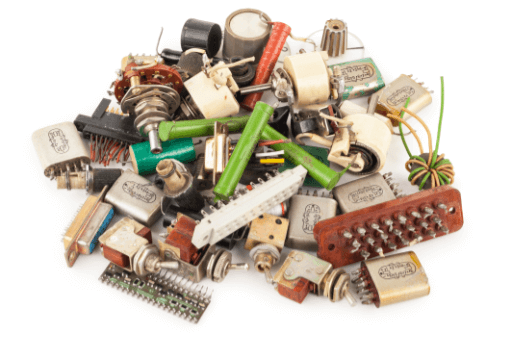

The more we all make consistent, even small changes, the greater the positive impact we will have on our planet. Each one of us also has our own unique purpose and we hope to inspire one another to make even bigger changes.
To quote the late American Poet Maya Angelou “I did then what I knew how to do. Now that I know better, I do better”
AMBASSADOR
For more than a century, burning fossil fuels has generated most of the energy required to propel our cars, power our businesses, and keep the lights on in our homes. Even today, oil, coal, and gas provide for about 80 percent of our energy needs. Using fossil fuels for energy has exacted an enormous toll on humanity and the environment—from air and water pollution to global warming. Everything we can do to minimise our use of fossil fuels is a step in the right direction to preserving our precious planet and all its inhabitants.
Source – The Natural Resources Defense Council – New York, USA
Passenger vehicles are a major pollution contributor, producing significant amounts of nitrogen oxides, carbon monoxide, and other pollution. Transportation is responsible for at least 30 percent of climate change pollution. Source : The Natural Resources Defense Council – New York, USA
Sustainability Victoria reminds us that ‘sustainable transport refers to forms of transportation that rely on renewable or regenerated energy rather than finite natural resources. This doesn’t mean that you must walk or cycle everywhere, or that you can never go on holiday. Instead, sustainable transport and travel is about considering your most sustainable option wherever possible, and making an effort to reduce the impact of your transport and travel ‘footprint’. Rather than making life difficult or complicated, this approach will simplify your day and enrich your experience’.
Our planet has a limited supply of freshwater and in order for us to consume it, it takes chemicals and energy to ensure its safety for consumption. By collecting the limitless supply that falls from our skies, we are helping to protect and preserve our environment, save money and increase supplies of water reserves for essential services in times of drought
Not only does this provide us with a connection to nature, we will also be using less resources than required when we purchase commercially supplied products ,e.g. Transport, packaging, water usage, chemicals etc. We also SAVE MONEY 🙂
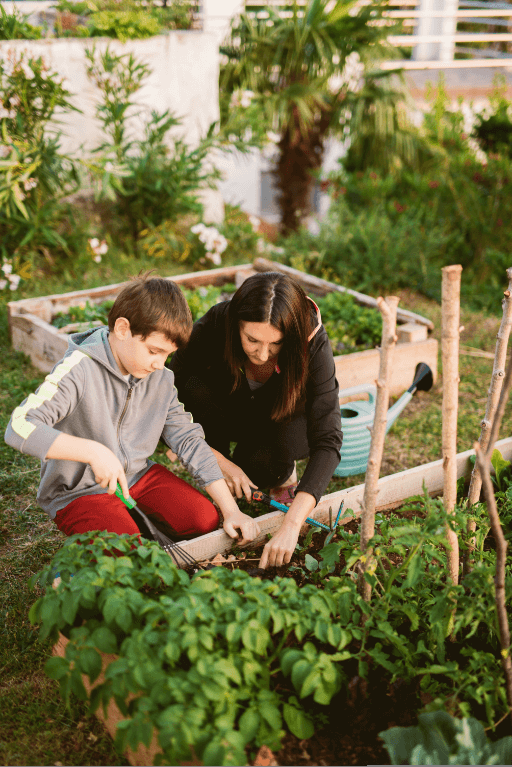

The more we can recycle, including our food, the more we reduce the amount of waste sent to landfill, and the energy to transport and process it. Composting will improve your soil structure and nutrient levels, trap moisture in your soil and saves water.
Fast fashion makes shopping for clothes more affordable, but it comes at an environmental cost. The fashion industry produces 10% of all humanity’s carbon emissions and is the second-largest consumer of the world’s water supply. Some parts of modern life are, at this point, widely known to cause environmental harm – flying overseas, using disposable plastic items, and even driving to and from work, for example. But when it comes to our clothes, the impacts are less obvious. Source – World Economic Forum
If you have a look here at our clothing store, you will be able to experience sustainable shopping which recognises that everything we buy has health, environmental and social impact. This approach starts with the raw materials used to create a product and includes the manufacturing process, packaging and ultimate disposal of each item, including any transportation required throughout its lifecycle.
Every year 100 billion new items of clothing are produced while a truck full of clothing is burned, or buried in a landfill every second. Slowing fast fashion down is a good first step, but slowing it down won’t stop it. Yet when we take the waste material at the end, and make new products from it at the start, it changes everything. That’s what we’ve done here. at our store. Every product we make is designed to be sent back to us when it is worn out. We make new products from the material we recover, and the cycle itself is renewable. Our products are designed to be returned and remade, new from old, again and again and again. A pure material makes remanufacturing possible, and means products that are softer, and not harmful to the environment.
All of the products we use have an impact on our environment. In many countries around the world, we are now offered environmentally friendly alternatives. Follow our BLOG page for more details of how you can make your home safer for your family and for the environment.


Large areas of tropical forests and other ecosystems with high conservation values have been cleared to make room for vast monoculture oil palm plantations. This clearing has destroyed critical habitat for many endangered species—including rhinos, elephants and tigers. Burning forests to make room for the crop is also a major source of greenhouse gas emissions. Intensive cultivation methods result in soil pollution and erosion and water contamination. Forty-three percent of Tesso Nilo National Park in Sumatra—which was established to provide habitat for the endangered Sumatran Tiger—has now been overrun with illegal palm oil plantings. Source World Wildlife Fund
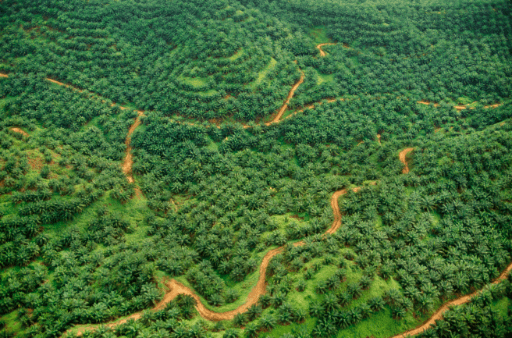

Because it’s cruel and unnecessary. There are thousands of companies already certified ‘cruelty free’ and over 40 countries have passed laws banning cosmetic animal testing. Follow our BLOG page for more details of how you can make your home safer for your family and for the environment.
AMBASSADOR
Solar electricity is one way to power your home or business that benefits the environment. There are no direct greenhouse gas emissions because the electricity is made from sunlight rather than burning fossil fuels. According to Sir David Attenborough in his movie ‘A Life on our Planet’ we could produce 20 times more power than we need from renewable energy sources and that we must replace all fossil fuels with solar, wind, wave and geothermal energy.
Passenger vehicles are a major pollution contributor, producing significant amounts of nitrogen oxides, carbon monoxide, and other pollution. Transportation is responsible for at least 30 percent of climate change pollution. Source : The Natural Resources Defense Council – New York, USA
Our current farming methods for life stock result in significant water use, water pollution, land use and deforestation and ultimately global warming. Reducing consumption of meat will reduce these negative impacts whilst still providing an opportunity to include meat as part of one’s diet should you choose to do so.
Regenerative farming is key to healing the planet and feeding the world with healthy food.
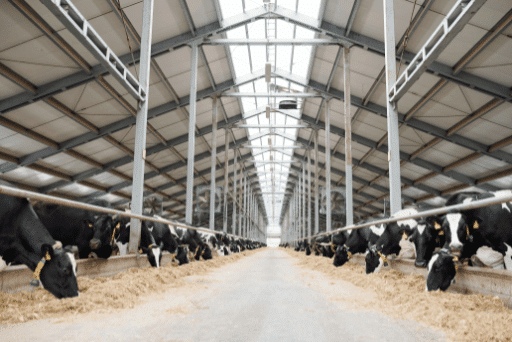

Electricity accounts for about 53% of the energy used in Australian households but creates around 87% of the greenhouse gas emissions (DEWHA 2008). Most is generated by burning non-renewable fossil fuels: coal, oil, natural gas and liquid petroleum gas (LPG).
It’s not always possible for us to generate our own clean energy to meet all our home needs. However, we can rely on the shortfall supply from electricity companies that only use clean, renewable energy supplies.
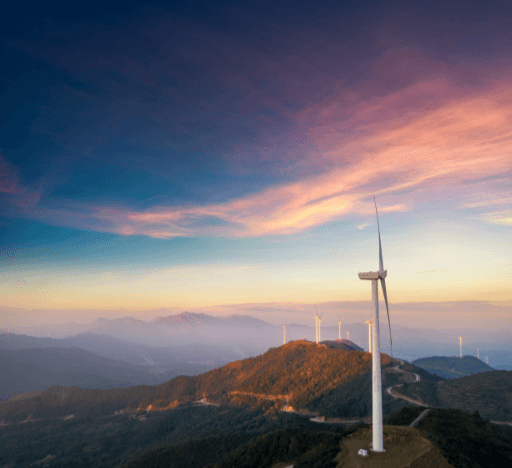

Technology has created many of our current problems but fortunately it also provides some excellent solutions. Products such as solar glass, solar roof tiles, plant based ‘meat’ alternatives, smart grids, and many of our modern monitoring technologies are just a few examples of these.
The ability for organisations to grow and thrive depends on being able to receive financial support from banks and investors. This is a great way for you to invest your money into companies that are aligned with your principles. Always seek professional help before making investment decisions.
The power of positive change is in the hands of individuals, businesses and Governments. Collectively, individuals can have massive impact. Equally, once a Government legislates or promotes a particular course, such as banning the use of single use plastic, the impact can be massive and immediate.


It’s a great way to connect with your community and be a positive influence and leader in the field of environmental change. Be the inspiration for even more change.


AMBASSADOR
Passenger vehicles are a major pollution contributor, producing significant amounts of nitrogen oxides, carbon monoxide, and other pollution. Transportation is responsible for at least 30 percent of climate change pollution. Source : The Natural Resources Defense Council – New York, USA
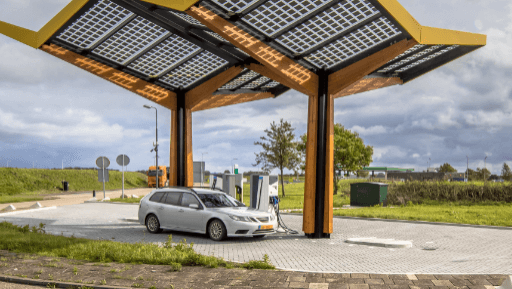

Iceland is the world’s leader in renewable energy generation and produces more electricity per person than any other country on earth. Nearly 100% of their energy comes from renewable sources because of their unique landscape. Iceland generates hydropower and geothermal energy, which produces around 95% of the country’s heating.
Our planet has a limited supply of freshwater and in order for us to consume it, it takes chemicals and energy to ensure its safety for consumption. Using the limitless supply that falls from our skies helps protect and preserve our environment, reduces our use of water supplies that may be required due to the effects of drought and we save money.
The pace of change in our consumption habits is often driven by advertising and the vested interests of the corporate world. There are more and more progressive, environmentally friendly and sustainable business ideas being developed – supporting these great initiatives at the equity level is providing the launching platform for these entities to reach their planet friendly goals.
The power of positive change is in the hands of individuals, businesses and Governments. Collectively, individuals can have massive impact. Equally, once a Government legislates or promotes a particular course, such as banning the use of single use plastic, the impact can be massive and immediate.
The multiplying effect of our individual efforts are magnified when we inspire and motivate others and create technologies and tools that enhance life for all of our planet’s inhabitants.
